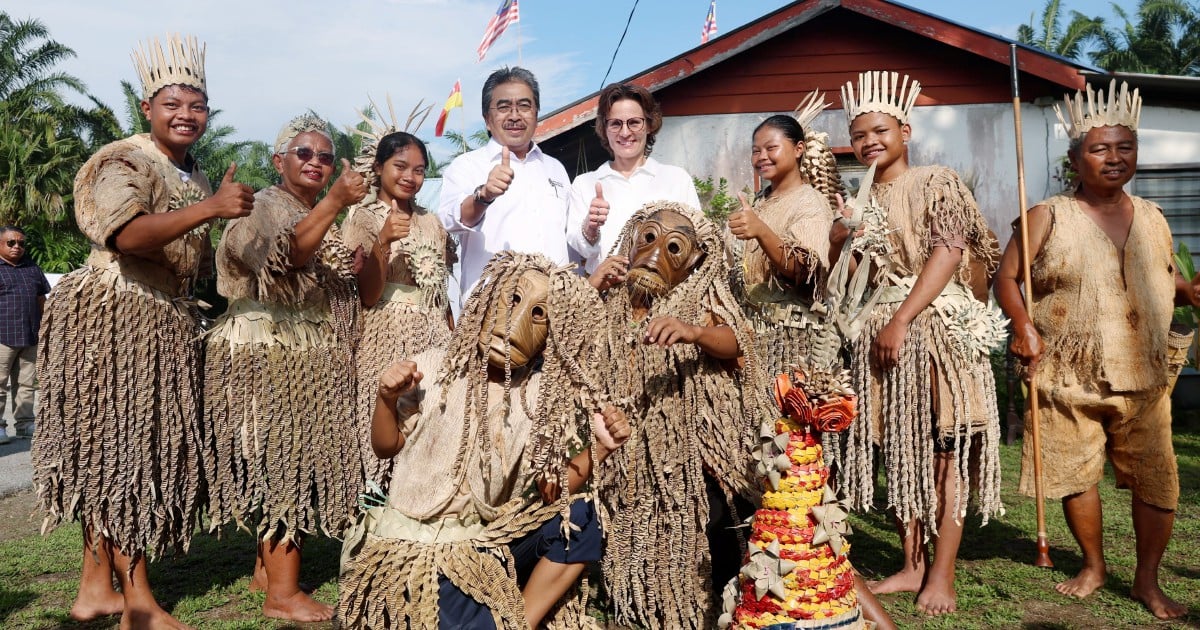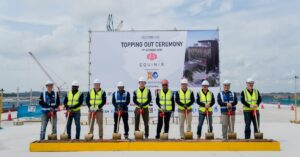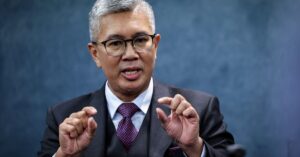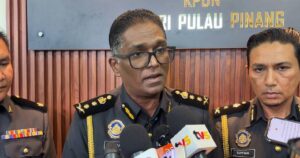KUALA LUMPUR: The European Union (EU) and Malaysia will strengthen cooperation to help operators sourcing palm oil, rubber, timber and cocoa prepare for the upcoming EU Deforestation Regulation (EUDR).
In a statement on its website, the Delegation of the European Union to Malaysia said the collaboration aims to deliver mutual benefits for stakeholders on both sides, particularly in ensuring the smooth trade of deforestation-free and legally sourced commodities.
“European Commissioner for Environment, Water Resilience and a Competitive Circular Economy, Jessika Roswall, expressed strong appreciation for Malaysia’s efforts to align its national sustainability certification schemes with EUDR requirements,” it said.
The statement said that the Malaysian Sustainable Palm Oil (MSPO) certification had been recognised as a credible sustainability scheme with a high-standard digital traceability system, which could help EU operators sourcing palm oil from Malaysia met compliance requirements.
Plantation and Commodities Minister Datuk Seri Johari Abdul Ghani highlighted Malaysia’s establishment of a national centralised system — a single platform integrating traceability records, polygon maps, MSPO certification data and legality confirmation.
Roswall also commended Malaysia’s constructive cooperation and its efforts to reduce deforestation to unprecedented lows, noting the government’s commitment to strengthening measures against agriculture-driven deforestation.
“The EU views Malaysia’s efforts to ensure certified commodity production and transparent supply chains in palm oil, rubber and timber as highly significant,” the statement said.
During her visit, Roswall proposed holding a virtual technical workshop to raise awareness of the EUDR among Malaysian stakeholders.
She also stressed the EU’s readiness to work with Malaysia to strengthen deforestation-free supply chains, including through a project supporting smallholder farmers in supplying traceable sustainable palm oil and rubber to the EU market.
Roswall and Johari later visited Pulau Carey, where they observed local empowerment initiatives for indigenous communities and regenerative farming guided by MSPO’s Good Agricultural Practices.
The delegation also toured Sime Darby Plantation’s operations on the island, where the company showcased its efforts to drive traceability and transparency across its supply chain.
“Examples presented on the island, ranging from indigenous smallholders to large-scale plantations, gave EU regulators the opportunity to see first-hand Malaysia’s comprehensive sustainability measures in the palm oil sector.
“This demonstrates that sustainability practices are being rigorously implemented across the industry, regardless of scale or production size,” the statement added.
© New Straits Times Press (M) Bhd






